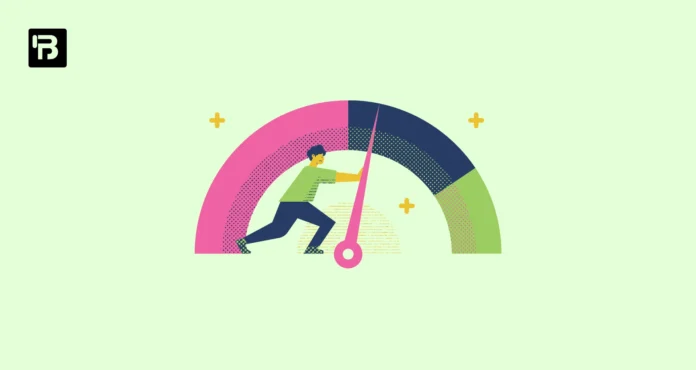Your credit score and general financial health may suffer severely if you default on a loan. Here are some details on default and how it affects your credit score:
Unpaid Loan
A loan default occurs when you don’t make the due installments in accordance with the loan arrangement. Once a payment is missed, the loan goes into arrears. If you continue to miss payments for a long time (often 90 to 180 days), the debt is deemed to be in default.
Credit Score Impact
Your CIBIL Score will drop if you don’t make your monthly EMI payments on time and are deemed in default. Any loans or credit cards you use as a result will have a big impact.
The Effect on the Borrower
A borrower’s financial situation and personal life may be negatively affected by a loan default, and these effects can be quite severe. The borrower is affected by the following main effects:
- Decline in Credit Score
Missing a loan payment might result in a significant decline in your credit score. The precise reduction relies on a number of variables, including the magnitude of the default, the size of the loan, and your credit history.
- Credit Report
The default will be recorded on your credit report for a number of years (often seven or more) and reported to the credit bureaus. Future lenders may be able to notice this bad record, which might make it difficult to get approved for new credit or loans.
- Limited Borrowing Options
Lenders may see you as a bigger credit risk if you have a lower credit score and a default on your credit report. Due to this, you might later have trouble getting fresh credit or loans, or you might be given credit with unfavourable terms and higher interest rates.
- Difficulty in Obtaining Approval
Missing a payment on a loan might make it difficult for you to obtain approval for other financial products, including credit cards, mortgages, and auto loans.
- Higher Interest Rates
Even if you are successful in obtaining new credit, the interest rates that are provided to you are probably going to be higher than those that are provided to those with good credit. This implies that you will pay more for borrowing money.
- Collection Efforts
Lenders may use collection companies or go to court to recover the money that was in arrears. Further stress and financial difficulty may result from this.
- Rebuilding Your Credit Score After a Default
It takes time and commitment to recover your credit after a default. It entails taking action to lower your overall debt load, pay off outstanding bills, and make future payments on time. It’s crucial to deal with the default situation right away and cooperate with the lender to find a workable solution, such establishing a repayment plan.
Avoiding default is essential for keeping your credit score strong and your finances stable. Responsible borrowing and prompt loan repayment can help you establish a good credit history and gradually increase your creditworthiness.

